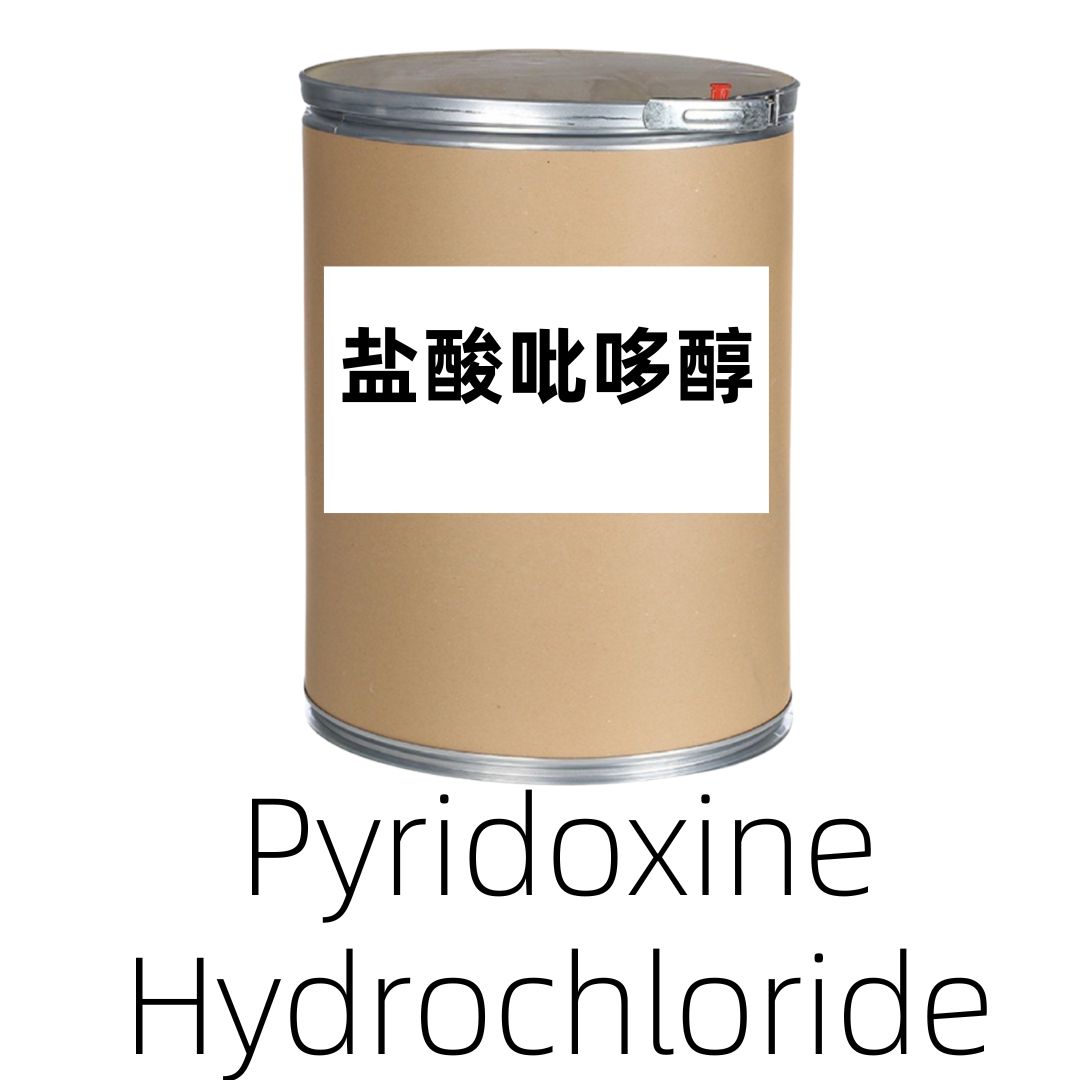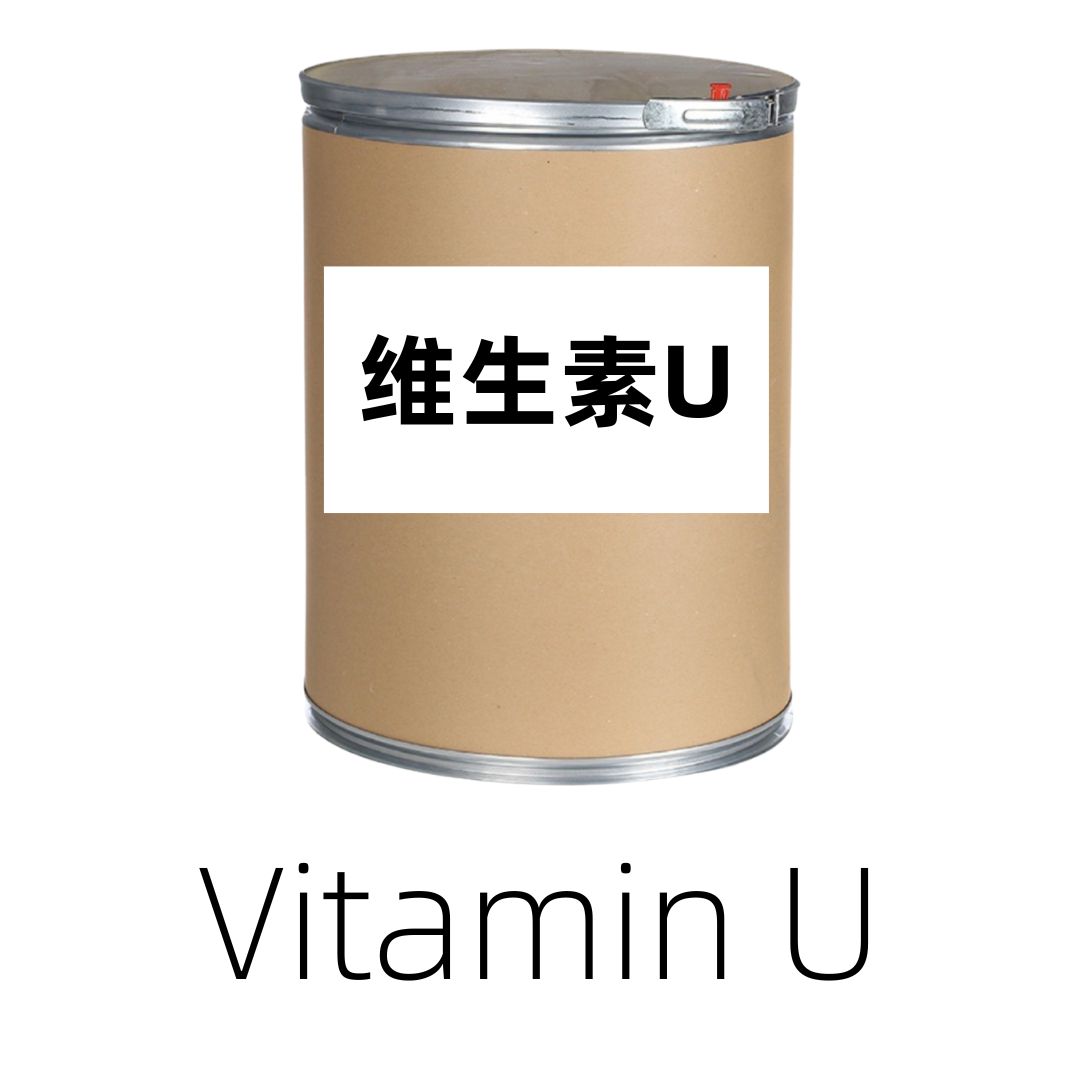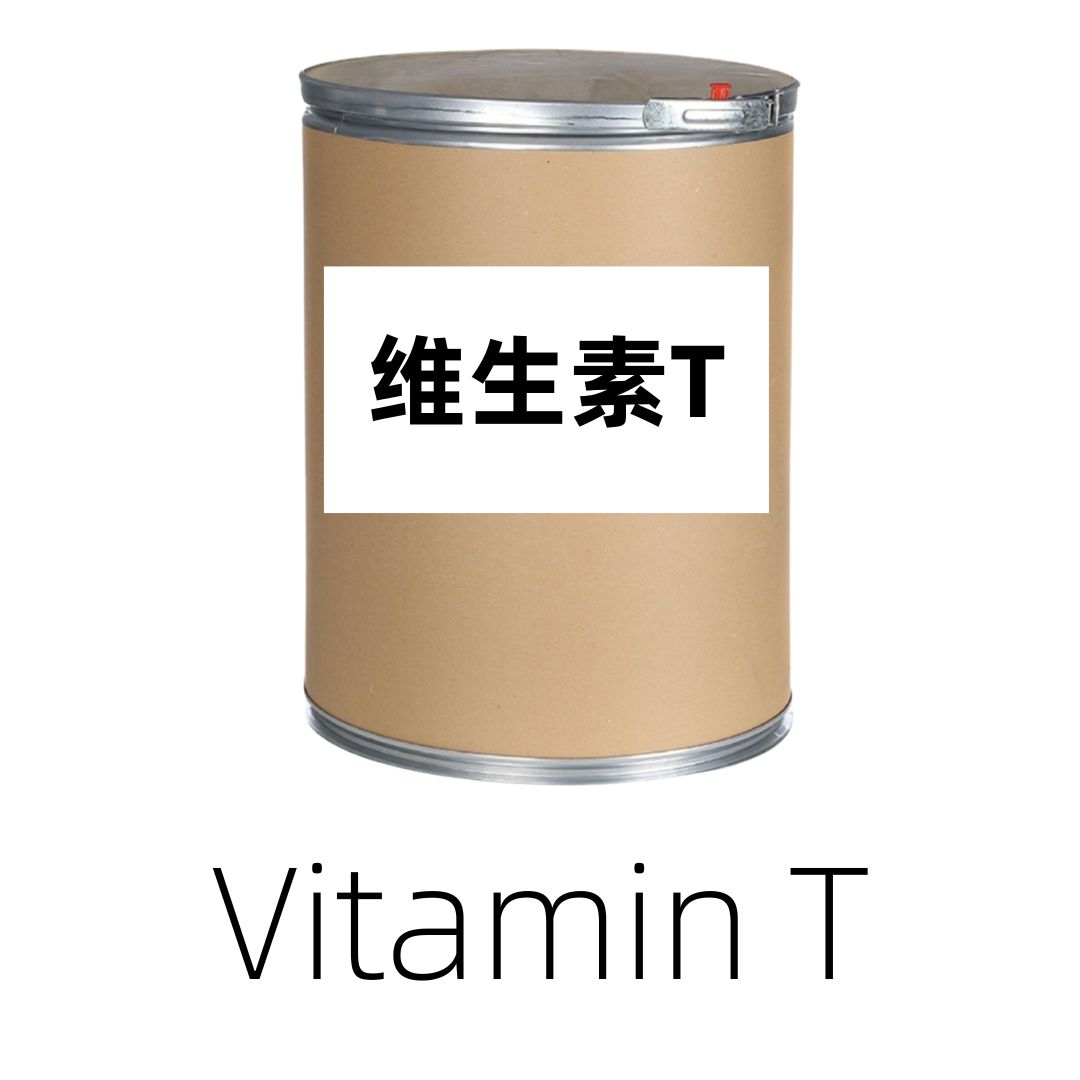Product Introduction
Vitamin B6, also known as pyridoxine, is essential for numerous biological functions in the body. It plays a vital role in amino acid metabolism, neurotransmitter synthesis, and the production of hemoglobin. Common sources of vitamin B6 include meat, fish, potatoes, chickpeas, bananas, and fortified cereals. This additive is widely used in dietary supplements and food products aimed at enhancing nutritional value and supporting overall health.
Production Process
Vitamin B6 is typically produced through a synthesis process or extraction from natural sources. The synthetic method involves the use of chemical reactions to create the vitamin in a controlled environment. The extraction approach utilizes natural sources, through techniques such as fermentation or enzymatic reactions, to isolate the active component. After production, the vitamin is purified to ensure high quality before being prepared for packaging.
Application Scenarios
Vitamin B6 is used in various sectors including food, pharmaceuticals, and dietary supplements. In food products, it often serves as a nutritional additive to enhance vitamin content. In dietary supplements, it is formulated to support health benefits such as metabolic function and mood regulation. In pharmaceuticals, vitamin B6 is included in formulations aimed to address deficiencies or specific medical conditions.
Packaging and Storage
- Storage Conditions: Vitamin B6 should be sealed and protected from light. It needs to be stored in a dry, cool, and well-ventilated place to avoid degradation. High temperatures can affect its stability.
- Packaging: The product is available in bulk packaging (25 kg/paper drum) and smaller samples (1 kg/aluminum foil bag). Customized packaging options are available to meet customer requirements.
- Shipping Method: Different shipping methods are available including FedEx, DHL, dedicated logistics, and sea freight consolidation for bulk orders.
- Validity Period: The product maintains its quality for a period of two years when stored under recommended conditions.
Monica Sun possesses extensive technical expertise and market insights in the food additives industry. She excels in designing efficient and safe additive formulations tailored to various food applications, ranging from sweeteners to functional dietary fibers. Monica has successfully assisted food manufacturers in optimizing ingredient combinations to enhance product quality and improve consumer satisfaction.











nicotinamide.jpg)





